- Top
- Film Lineup
- BON-UTA, A Song from Home
盆唄 BON-UTA, A Song from Home
- 2019 / Documentary / 134min G
- Available Worldwide(except Japan)
- English, Spanish (Latin America), Indonesian, Thai, Simplified Chinese, Traditional Chinese
Synopsis
A story of connection between Fukushima and Hawaii through traditional performing arts.
Director Profile
NAKAE Yuji
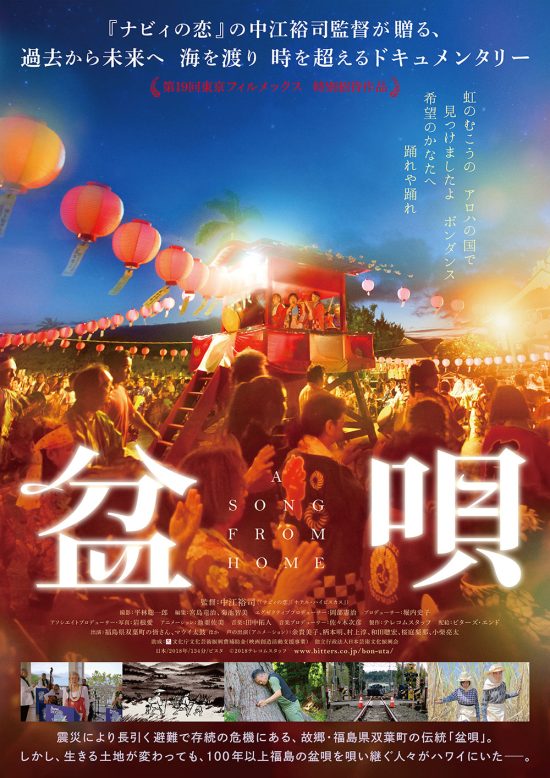
- CAST
- Futaba Town in Fukushima’s people, Maui Taiko
- DIRECTOR
- NAKAE Yuji
- SCREENPLAY
- –
- INTERNATIONAL SALES
- Telecom Staff, Inc.
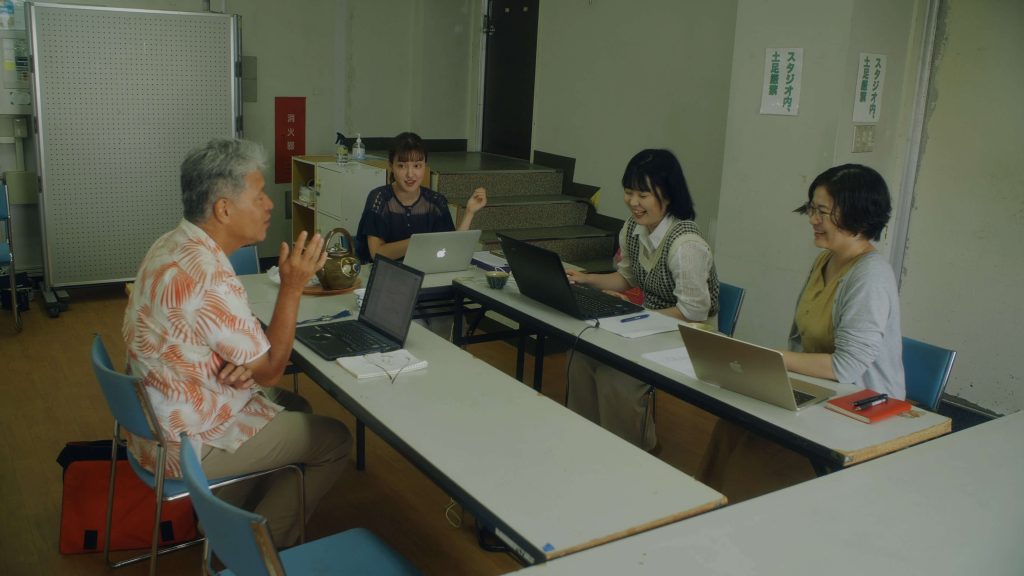
- Sakurazaka Theater
During Obon, everyone in the village dances “Bon Odori”. The dance is enlivened by “Bon Uta”, traditional songs passed down from generation to generation in each region, each with its unique charm. Interestingly, the term “Bon” used here has little religious significance. It’s a day when people dance with joy while welcoming their ancestors but still let loose and dance without worry. It’s a time when making noise and having fun are allowed, and it happens only once a year. So, how do they spend the rest of the year?
The film portrays the people of Futaba, Fukushima Prefecture, who lost their homes after the nuclear reactor exploded during the earthquake. Their homes were scattered, and they could no longer gather together to practice singing, drumming, or dancing, and certainly, Bon Odori couldn’t be held anymore. “Bon Uta” is in danger of disappearing if things continue this way. From there, the movie delves into the long, profound history of the people of Futaba, who have endured various losses through generations. Behind the songs, hometowns, and lives, one can sense the presence of Japan as a country. Despite their losses, the powerful and vibrant “Bon Uta” created by these resilient people who never gave up on life reveals the coexistence of light and darkness within the nation.
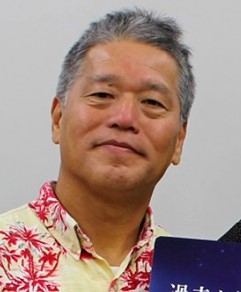
- NAKAE Yuji
- Director
And “Bon Uta” Continues
For 3 years starting from 2015, we documented the efforts of Mr. YOKOYAMA Hisakatsu and his group to preserve the traditional Bon dance of Futaba Town in Fukushima Prefecture. During that time, the entire area of Futaba Town was designated as a difficult-to-return zone due to the nuclear disaster. People like Mr. Yokoyama who had evacuated from Futaba faced the challenge of showing their identification when entering their own land. When they entered Futaba, they chose not to wear protective clothing. “We got used to it. It’s okay for everyone else to wear it though”, they said. Perhaps it’s just they didn’t want to admit that their hometown of Futaba had been contaminated. Starting a documentary is easy, but finishing it is difficult. In my search for an ending, I proposed, “Can we return to Futaba for just one day and have a Bon dance?” Mr. Yokoyama responded, “I think that’s impossible”. I explained, “I want to use the Bon dance in Futaba as the closing scene of the film”. And he replied, “It’s not feasible. No one is coming back”. While, in the summer of 2023, I received a call from Mr. Yokoyama. He told me, “This year, we’re going to have the Bon dance in front of Futaba Town’s train station. We’re also going to do the dance in front of the ‘Yagura’ (Bon tower) like we did in the film”. And he sounded happy. The Bon dance brings together those who evacuated and even those who passed away. Everyone gathers, and the Bon dance continues.
Comments
-
-
I really enjoyed this documentary! What a beautiful way to preserve traditions and culture – come together and share in it!
-
Japan has always honoured its many traditions and the Japanese persevere even in the midst of dislocation. Long may Japan and its many arts prosper. Thank you for sharing this example.
-
Very touching and complete documentary about the importance of Bon Uta and what it means to the people of Fukushima who lost everything.
Beyond a simple tradition, Bon Uta seems to be the very blood that runs through the veins of the dancers, musicians and singers who practice it, and they let us know that the strength and soul of Futaba are still alive in its people.
An excellent, complete and very enjoyable documentary, thanks to everyone who made it possible! -
Very touching, shows how Japanese want to preserve their culture in spite of hardships, because culture is what we pass on from one generation to another. They are so much attached to their roots, amazing and incredible love for their soil and culture.
-
A beautiful way to tell a sad and painful story, or actually, many painful and sad stories, while showcasing the resilience and positivity of the Japanese people.
I learned a lot, got surprised, and emotional many times. I hope the new generations everywhere will keep the traditions and that all the displaced people may return to their home, or find a safe, peaceful one.
-
Very touching and really interesting. Thank you so much!
-
A deep and composed film that narrates, with exemplary beauty and simplicity, about a land and the difficult story of those who had to leave it. It showcases a peasant culture that submissively and stubbornly resists misfortune and its own disappearance through traditional arts. A gem: Pasolini and Gramsci encapsulated in a haiku. Thank you for letting me see it. Thank you infinitely. P.s. Mr. Yokoyama Hisakatsu, I love you.”
-
The spirit lives on for the next generation
-
A touching and heartwarming documentary.
A beautiful story about preserving culture and tradition.
My respect to the brave people of Futaba, Fukushima. -
A very interesting but also emotional movie. i learned a lot about historical and recent facts about people loosing their home town and finding a new home and maybe new hope. And overall the steady beat and sounds of Bon Uta. A movie you will think about for a long time.
-
Un documental lleno de emociones profundas, de contrastes entre la tristeza, el dolor y la resiliencia. A través de la música, la danza, la cultura, la tradición, la tierra, la familia, tantos factores que prevalecen incluso en los tiempos más oscuros. En rincones del planeta que muchos no nos imaginamos, ocurren grandes cosas que por lo menos a mi, me enseñan a reafirmar el valor del hogar, el sentido de pertenencia, y el amor por lo que se tiene. Bon Uta, una historia llena de grandeza. Gracias.
-
Moving and informative film, I thank the opportunity for learning pieces of Japanese culture and history. Futaba evacuees’ willingness to preserve their precious tradition is heartwarming ♥
-
Mahal nila ang kanilang kultura.

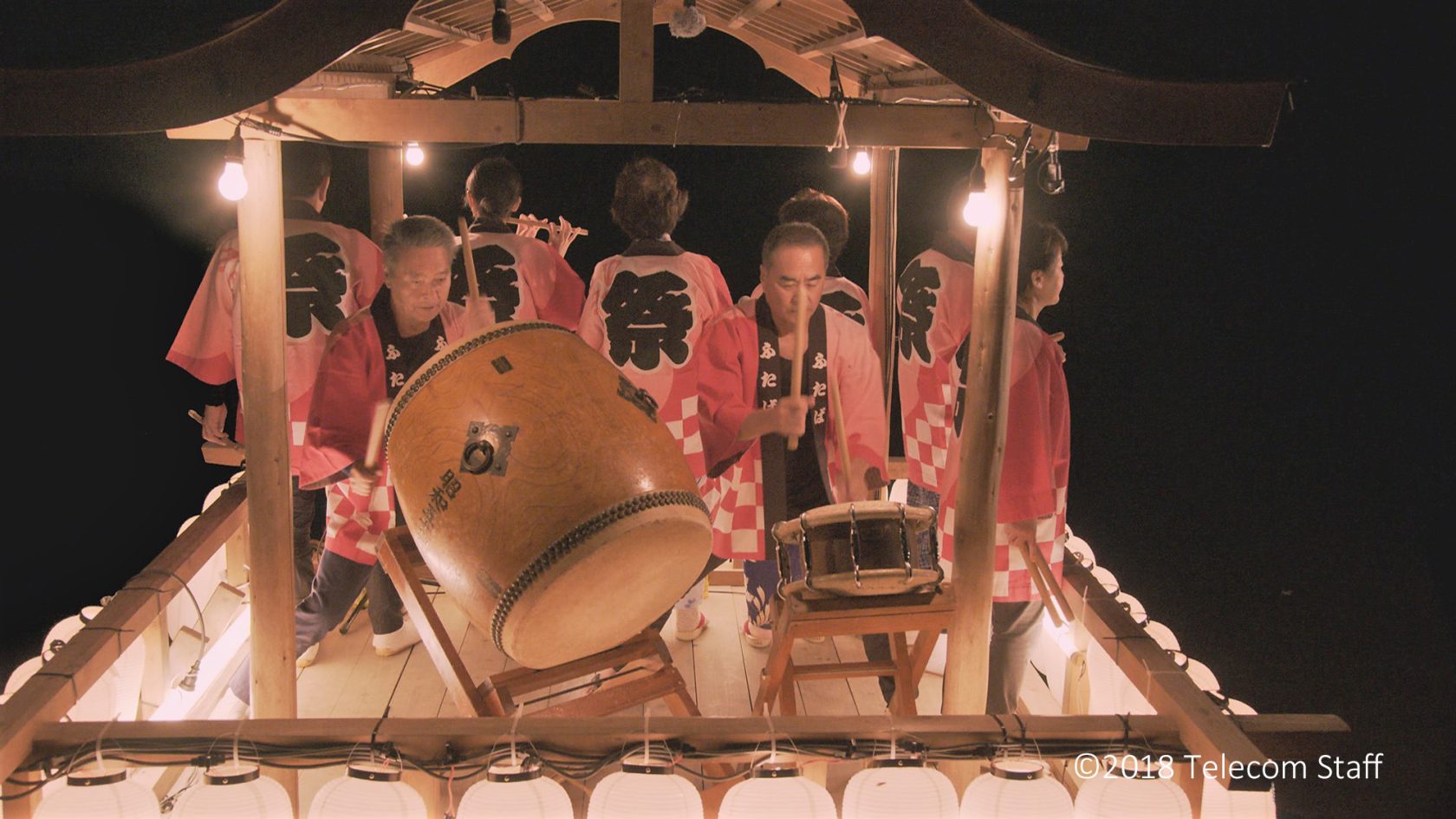
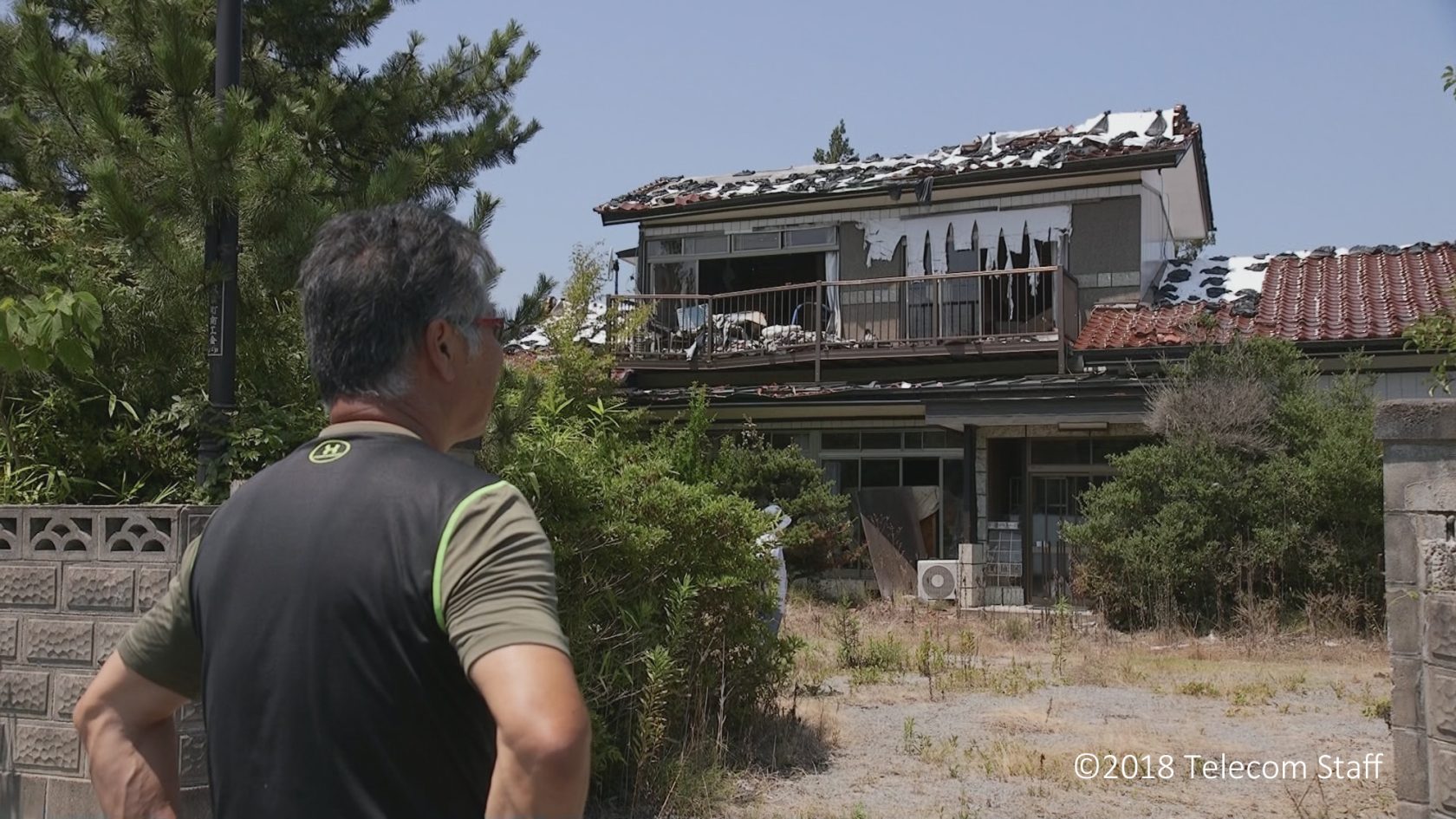
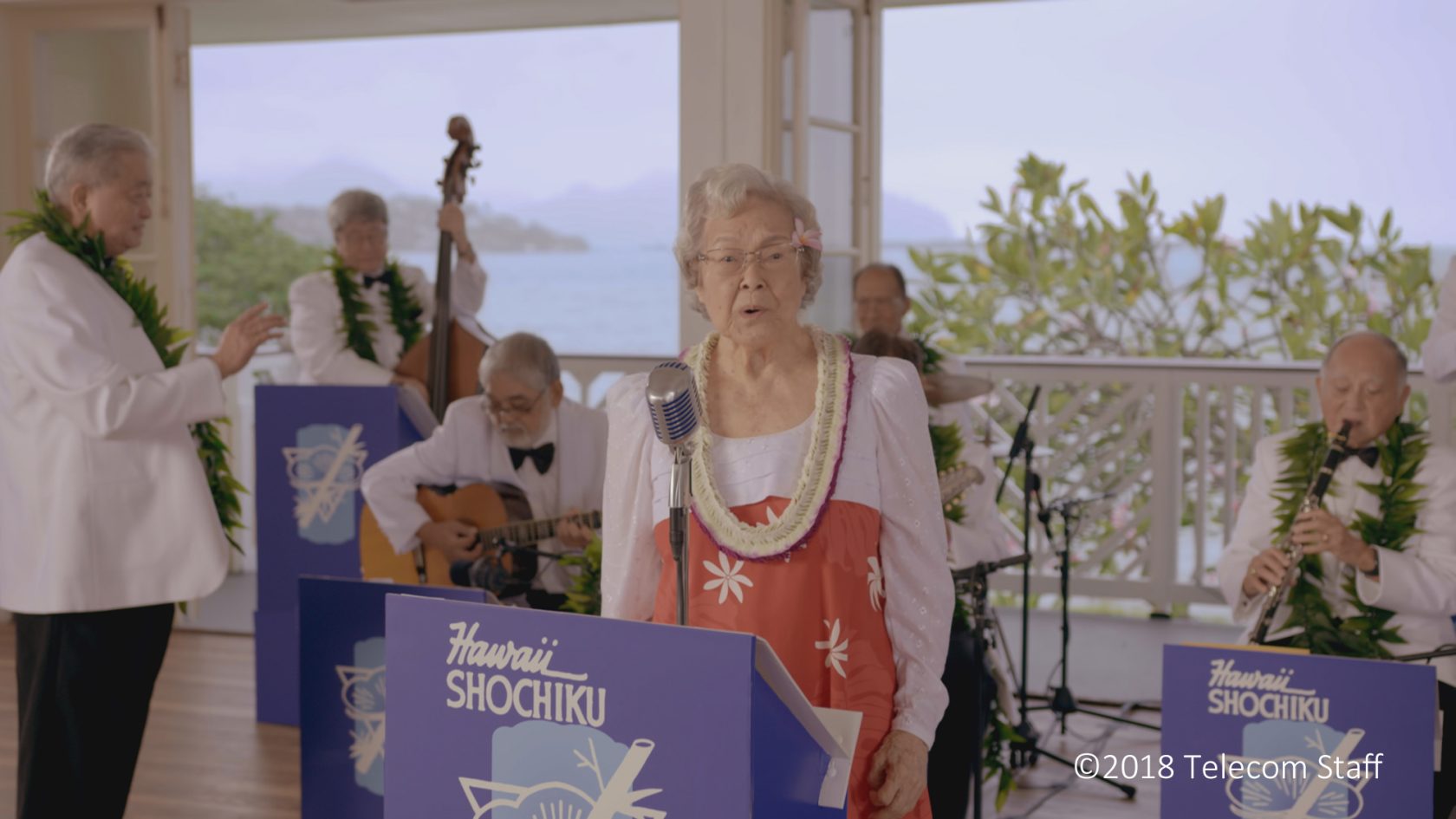
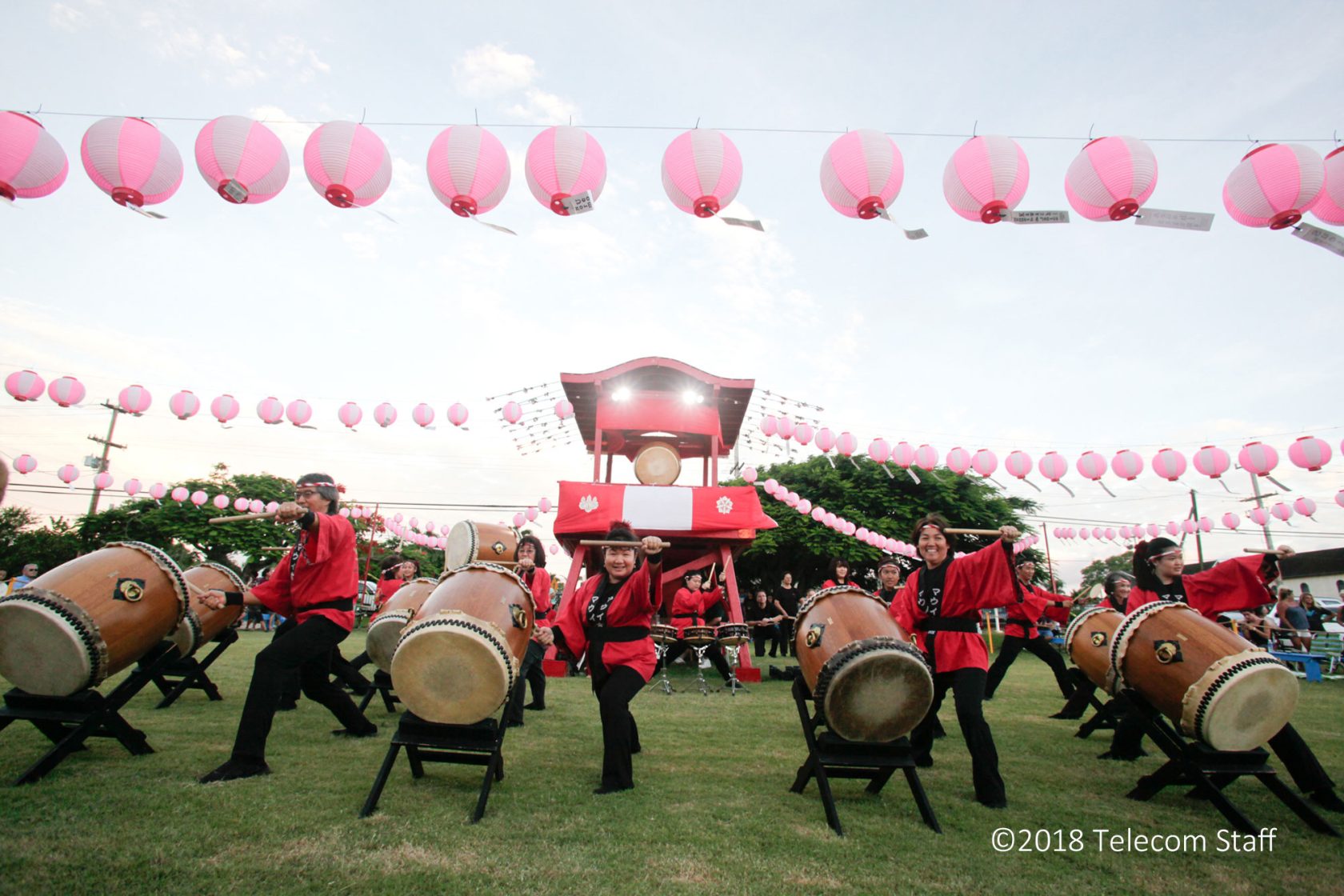

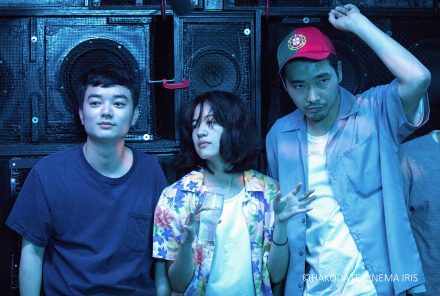
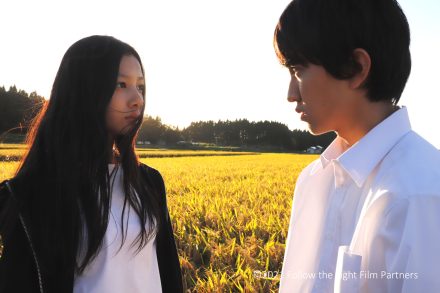
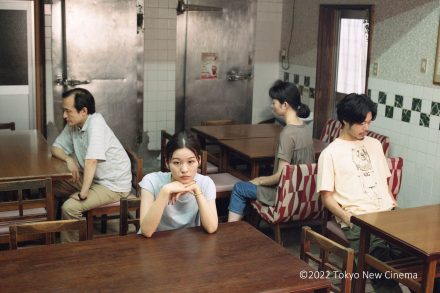
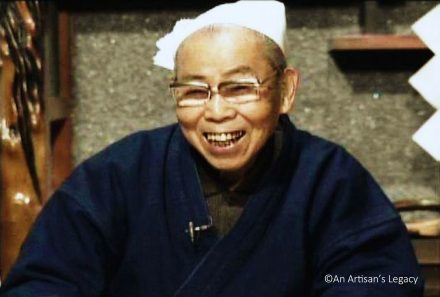
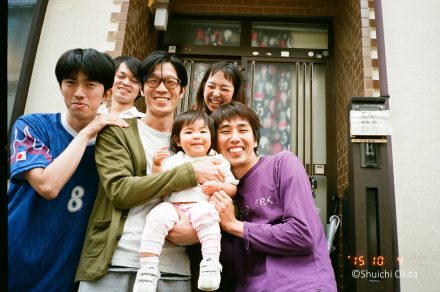
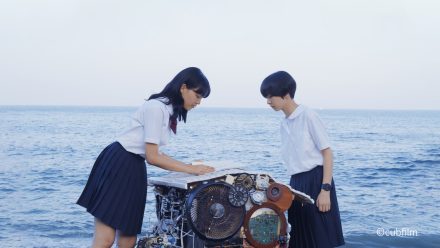
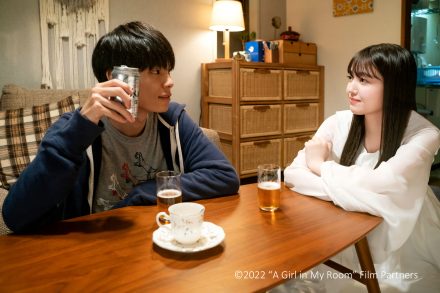
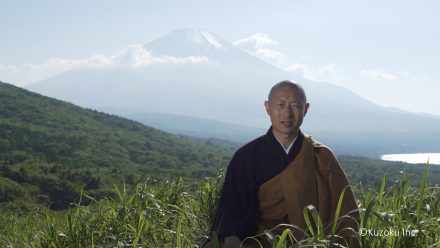
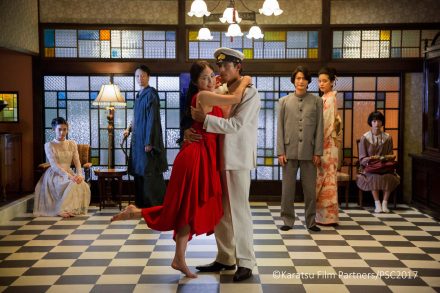
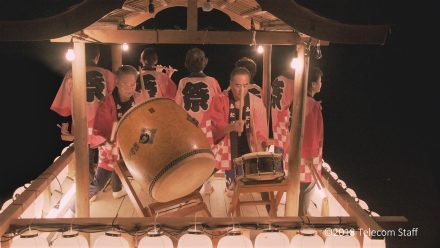
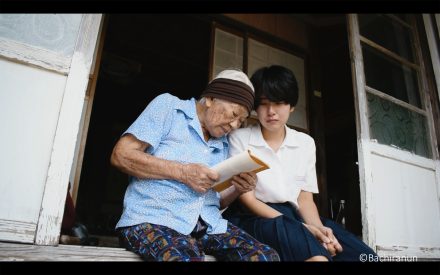
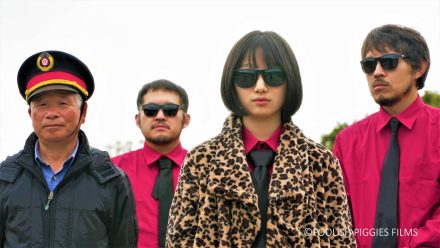
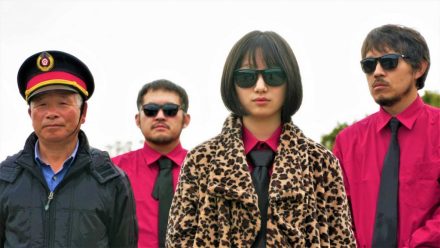
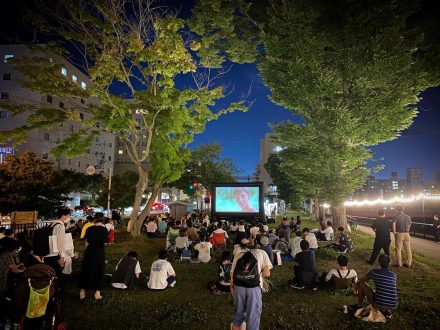
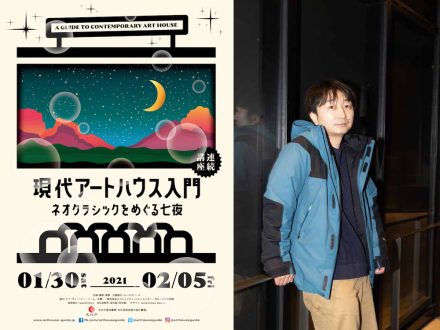
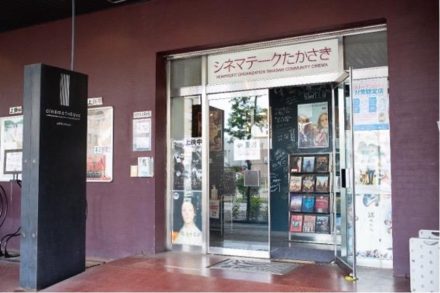
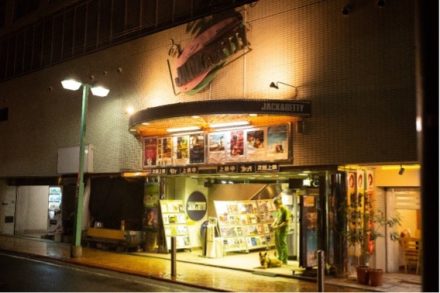
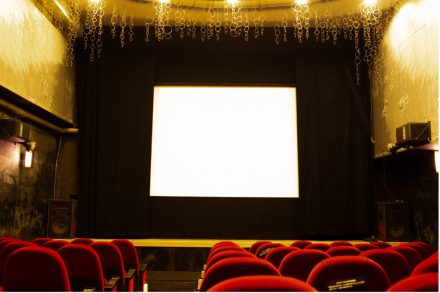

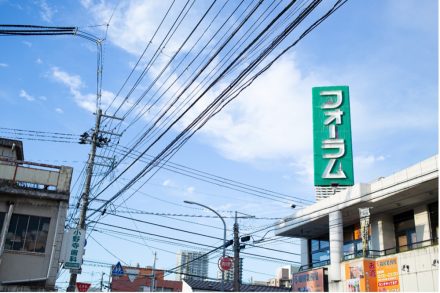
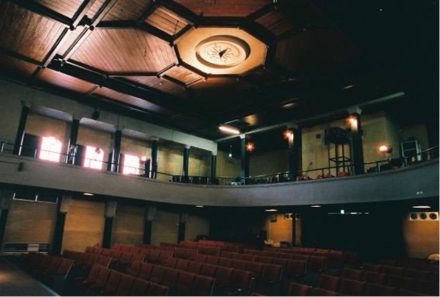
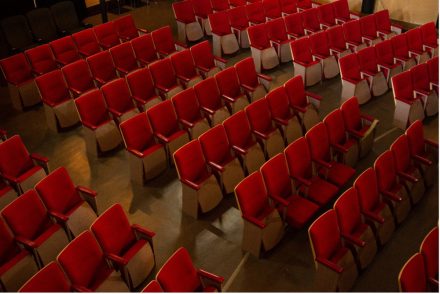



Un documental realmente hermoso, que logra transmitir el poder de las tradiciones y la importancia de preservarlas a lo largo del tiempo, a través de la adversidad y la distancia. Me encantó la pequeña narración de Sanjiro y su familia al dejar Toyama, la animación resulta sumamente emotiva en su estilo de pinceladas y la bellísima música completa el ambiente sentimental. ¡No se puede decir nada que le haga justicia a la maravillosa música!